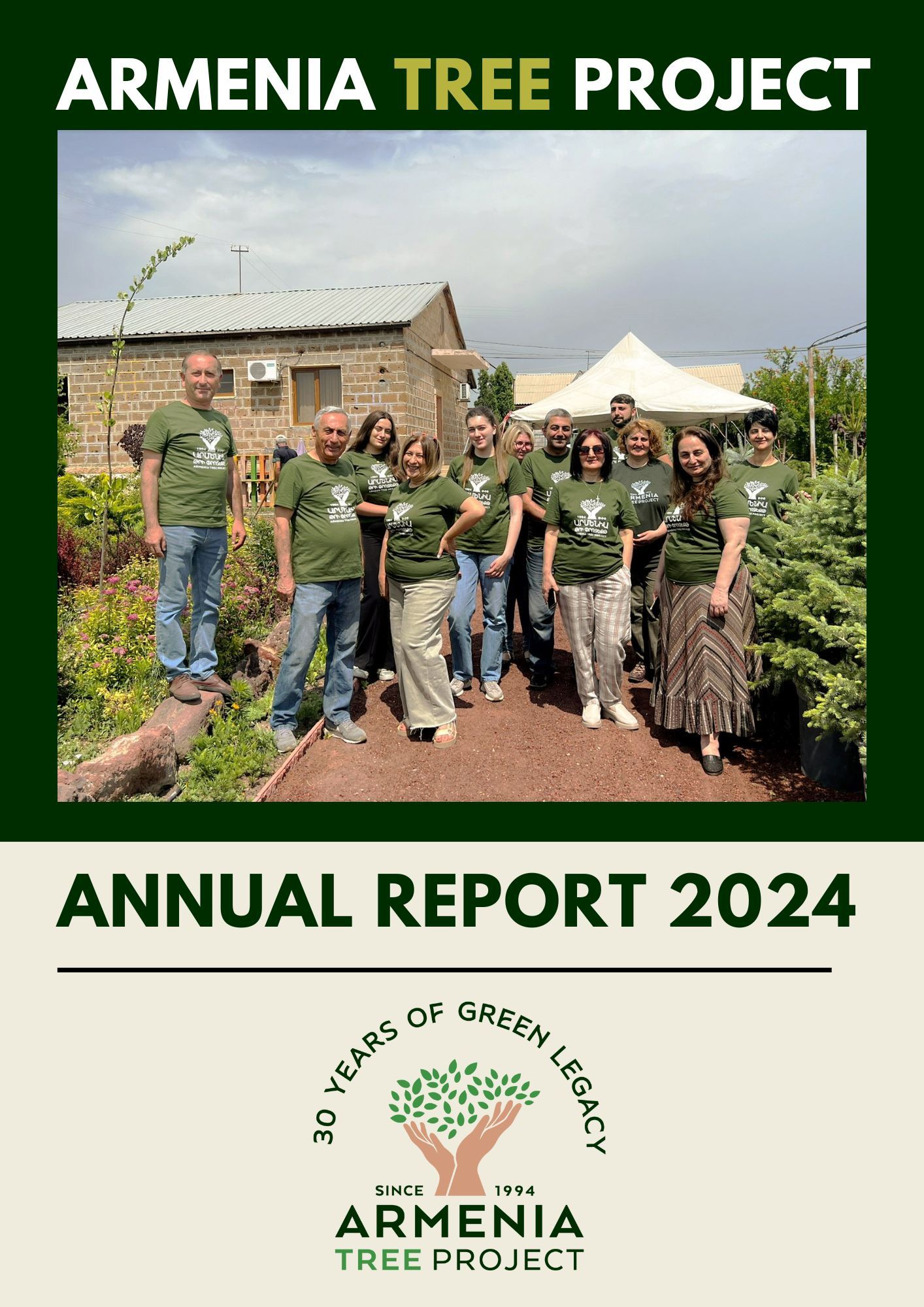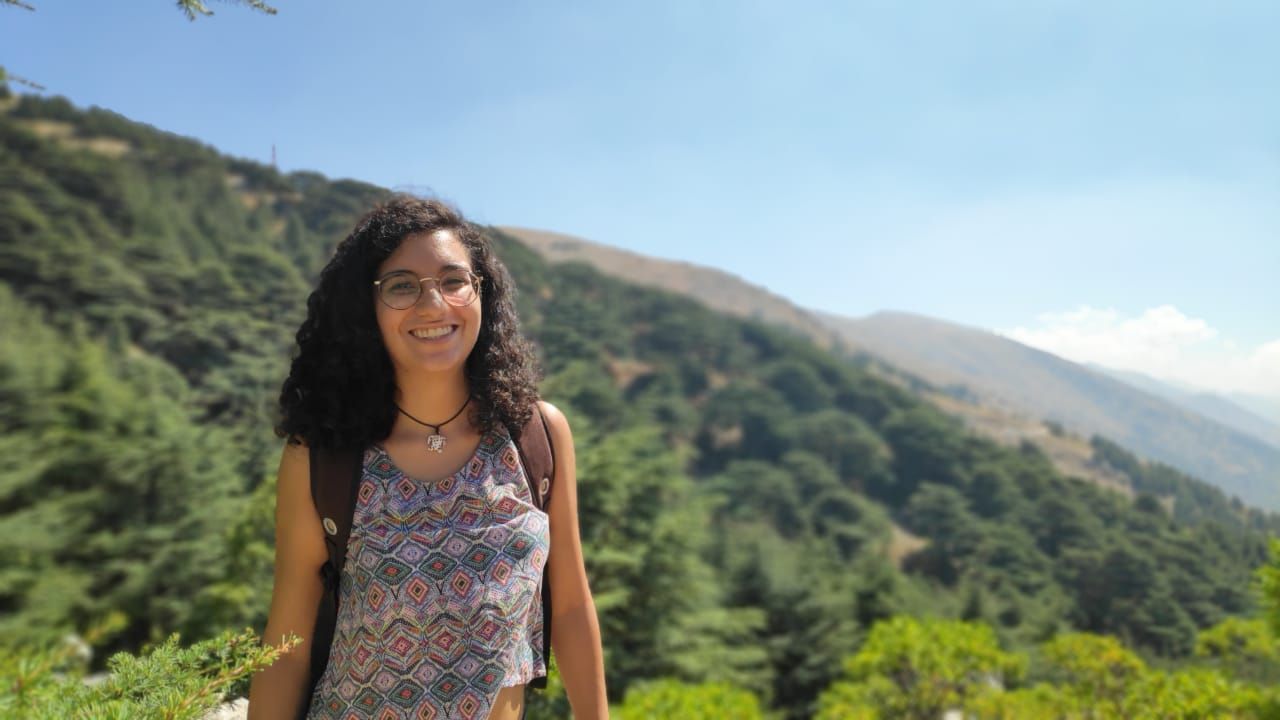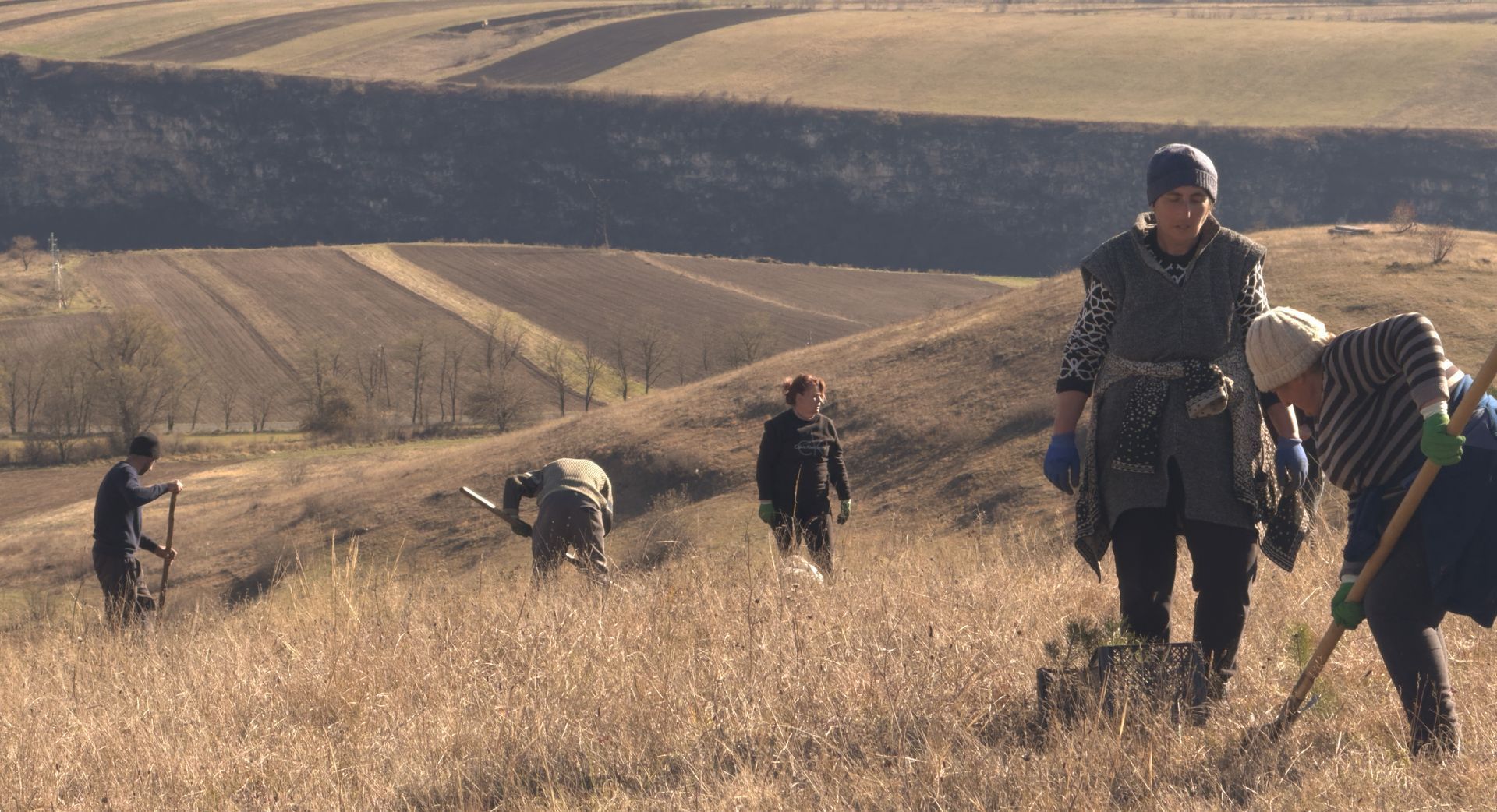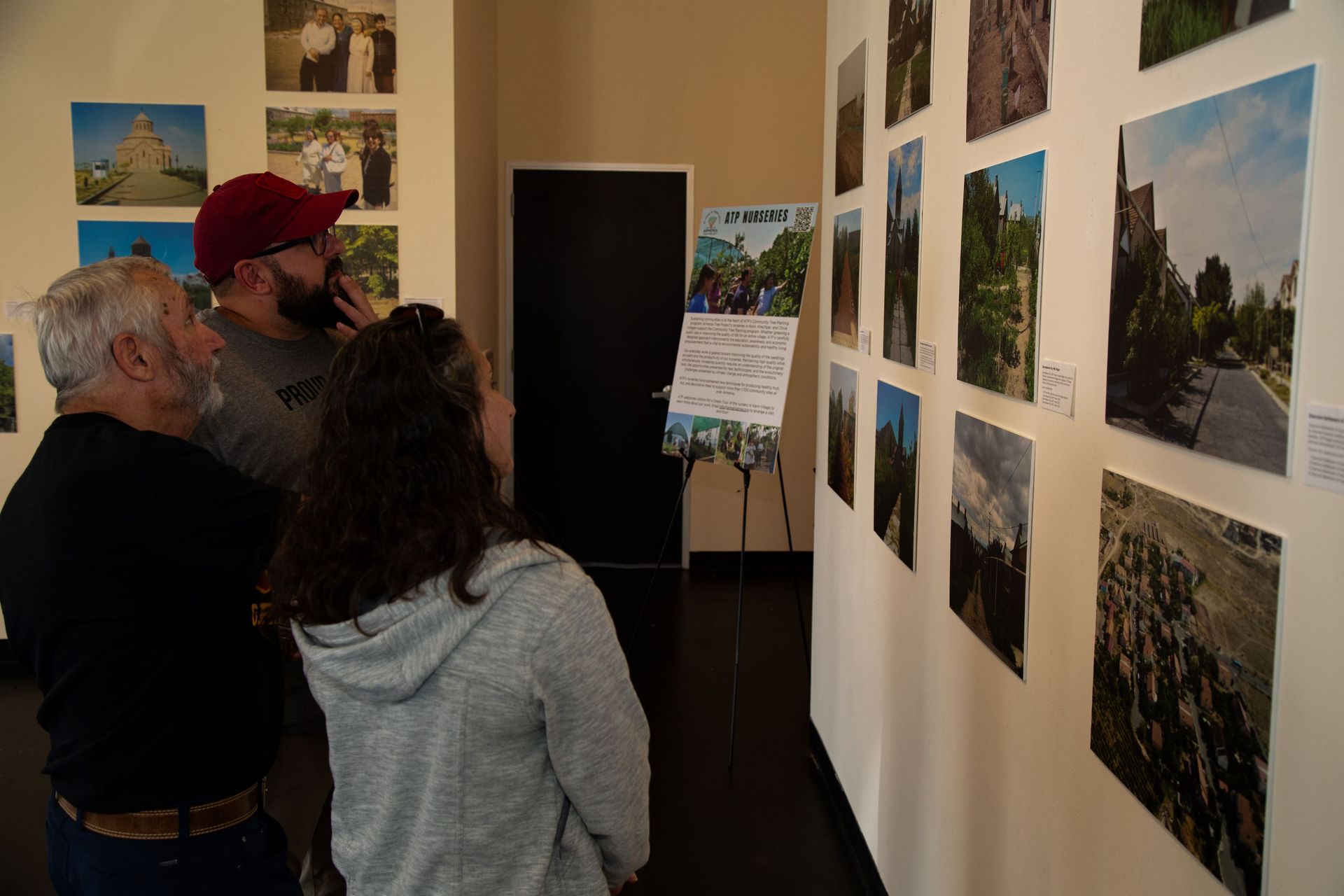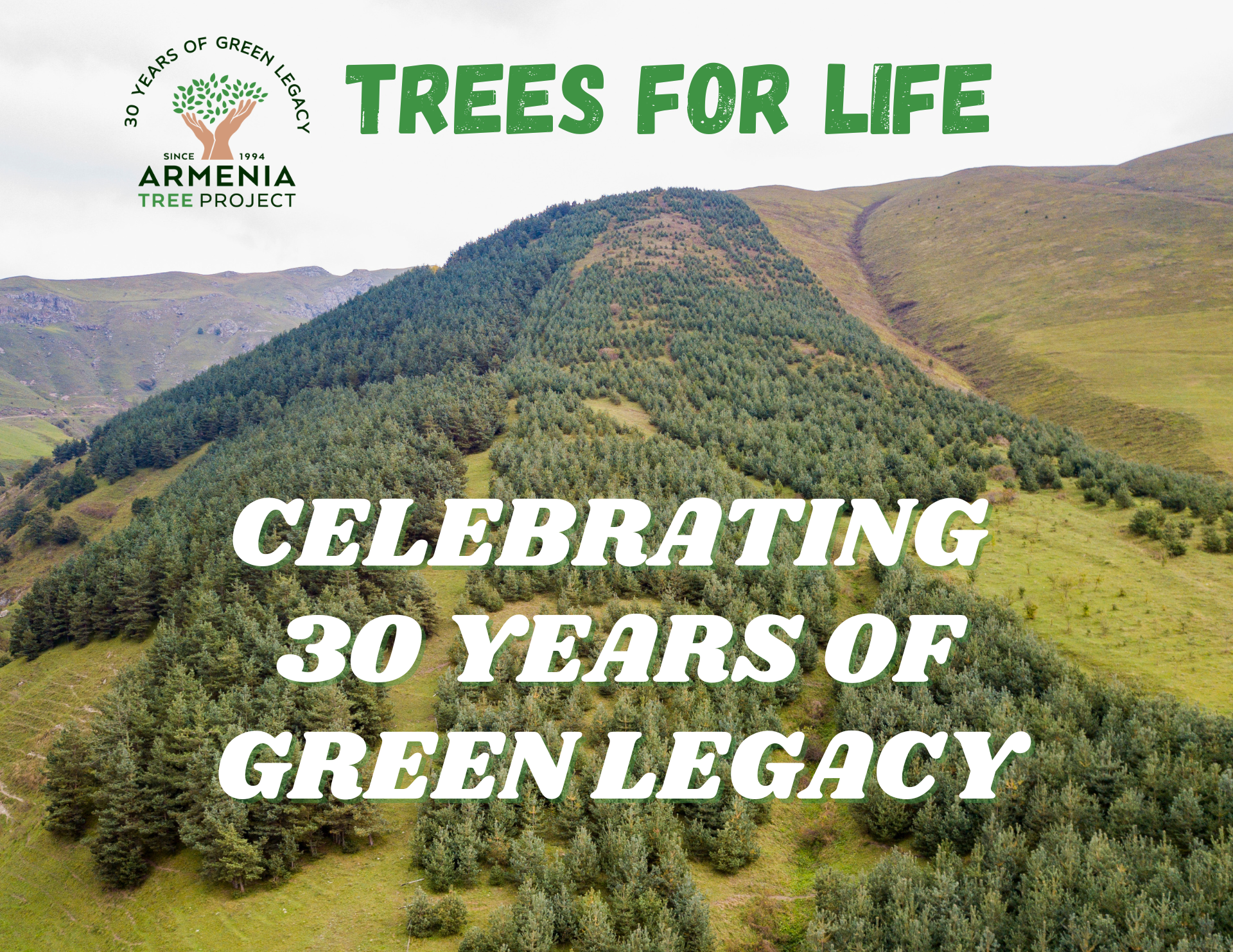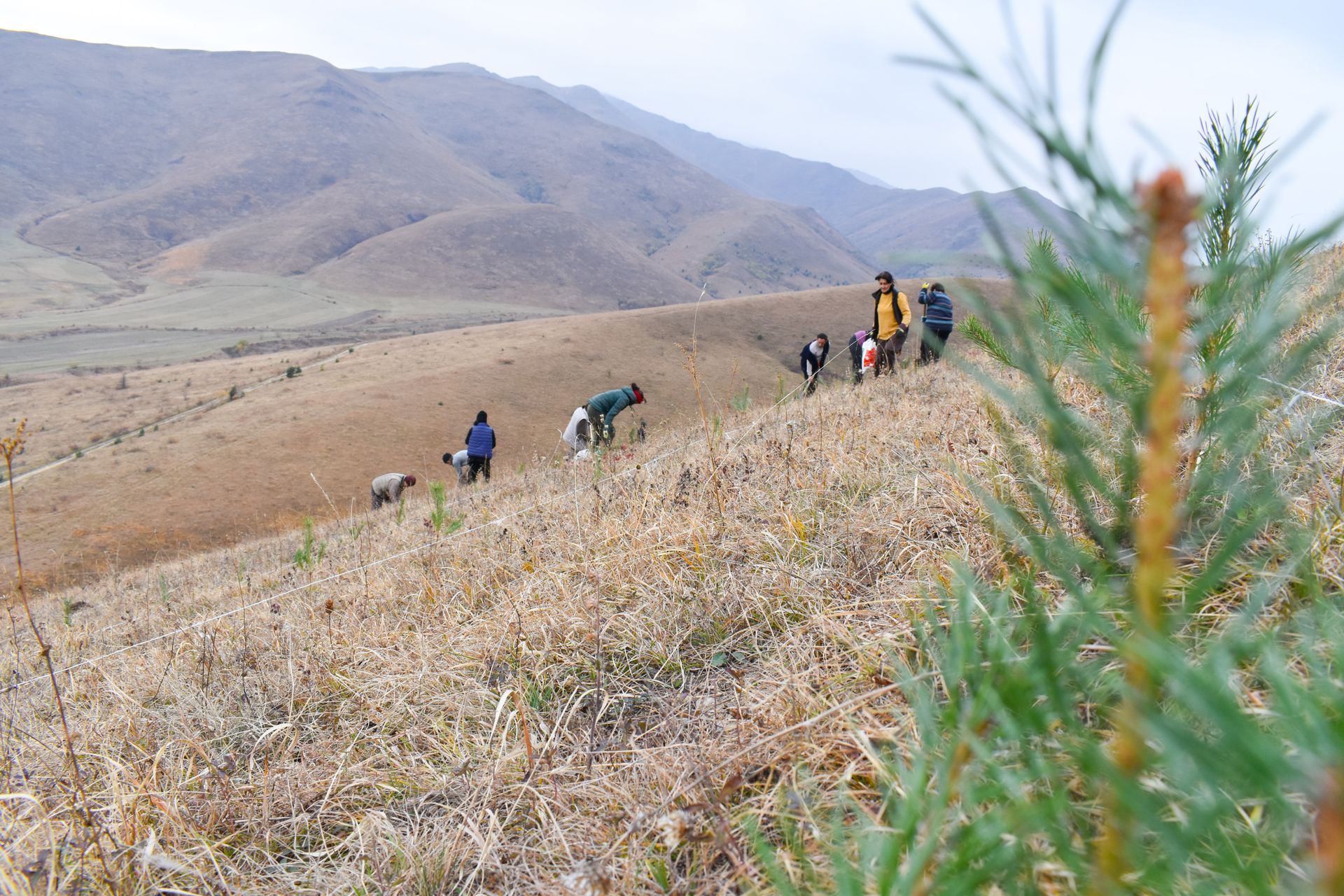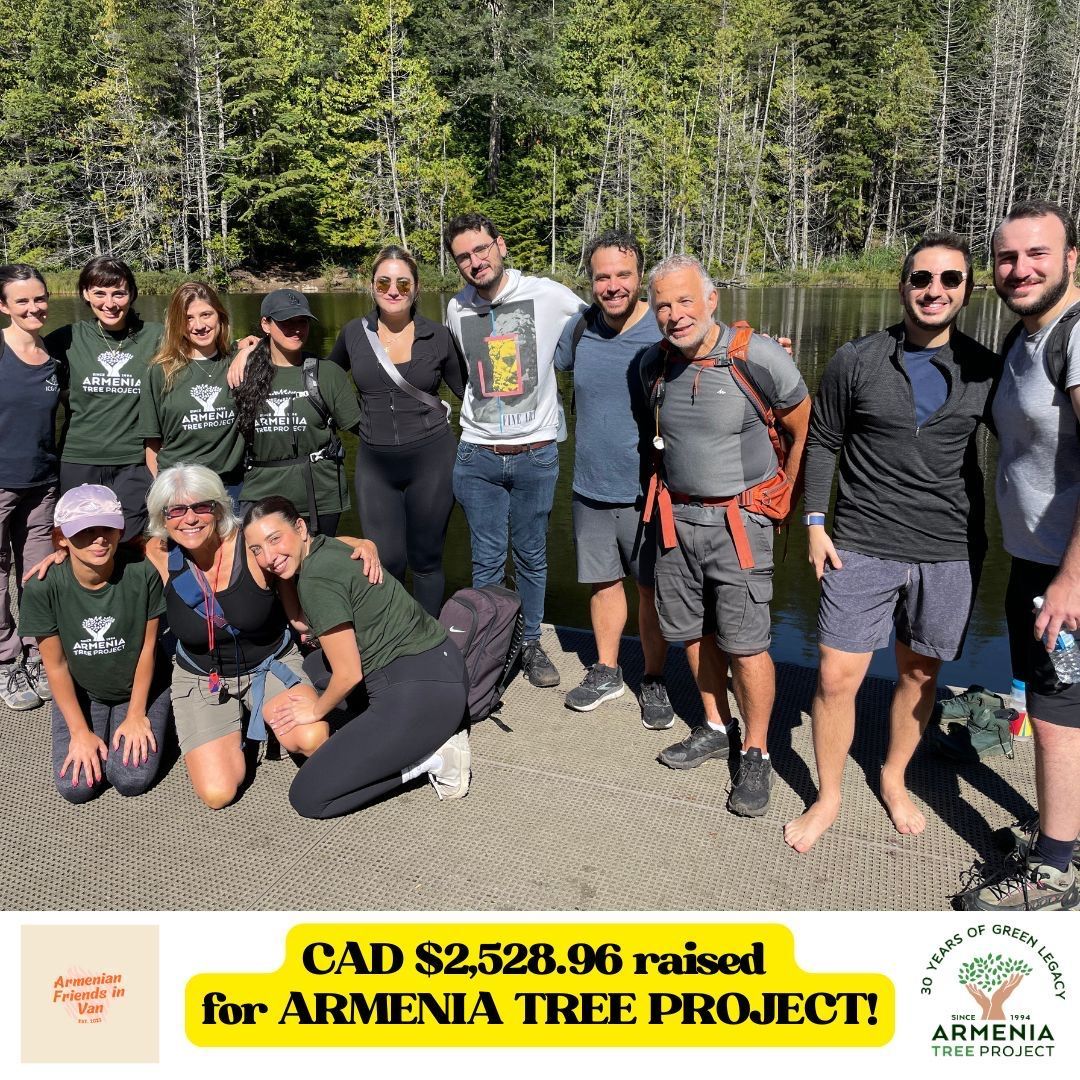In July 2024, the Armenia Tree Project Community Tree Planting Program (CTP) team embarked on a significant journey to the Shamshadin district in the Tavush region.
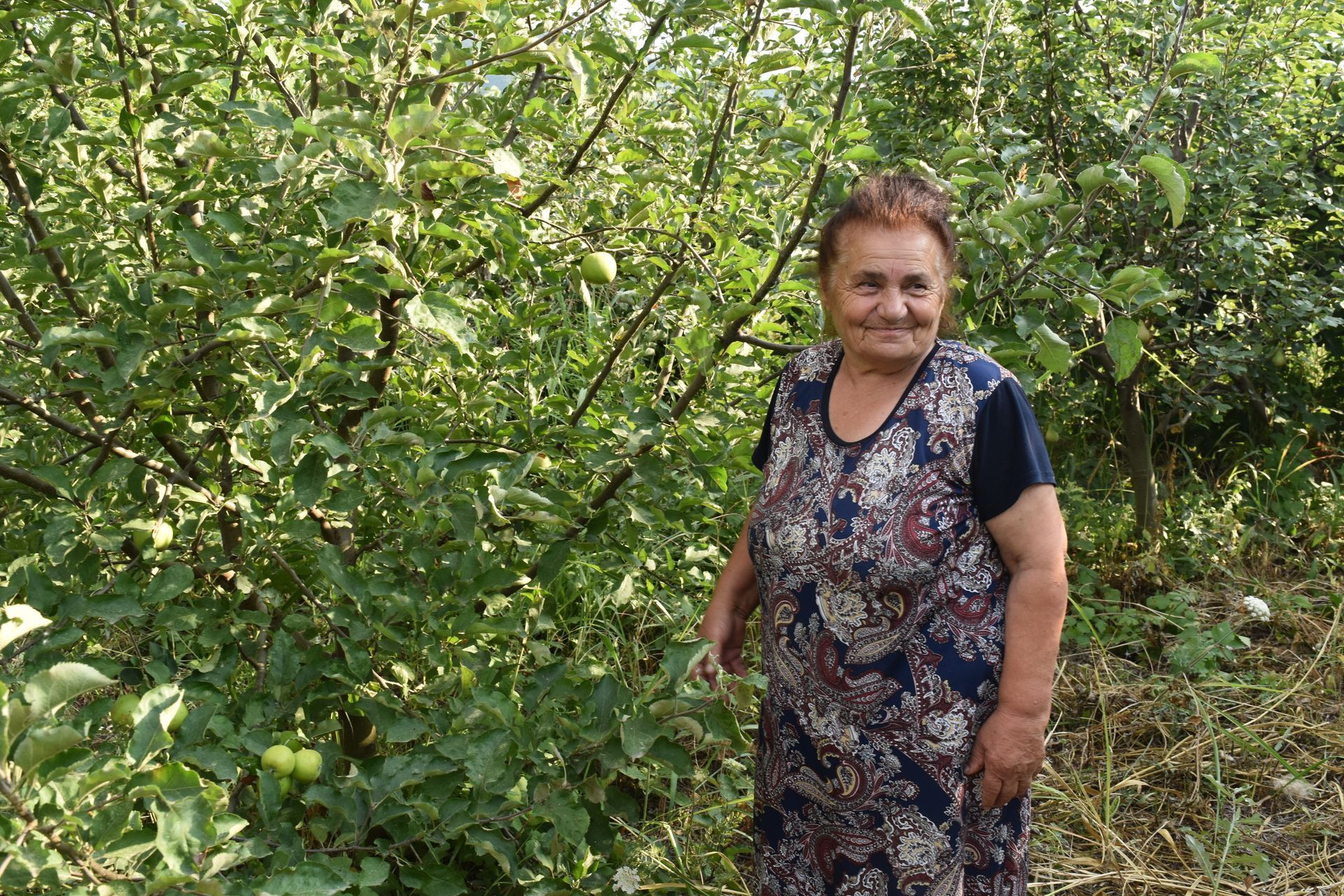
EXPLORING SHAMSHADIN DISTRICT: ATP’S JULY 2024 VISIT
In July 2024, the Armenia Tree Project Community Tree Planting Program (CTP) team embarked on a significant journey to the Shamshadin district in the Tavush region. Their mission was to review the progress of their tree planting initiatives and assess their impact on local communities.
The team arrived on a pleasantly cool summer morning, a refreshing change from the usual heat. Their first stop was Chinari, a village surrounded on all sides by Azerbaijan, with the nearest border just 1.5 kilometers away. For years, Chinari's residents faced severe restrictions due to their proximity to the border, including limitations on burying loved ones during daylight hours. Despite the rich, fertile soil, cultivation was challenging because of these constraints.
With the situation now more stable, the people of Chinari have returned to farming. The team visited during fig harvest season, and the village was abuzz with activity. Trucks lined up to export the figs, and villagers worked together to gather the crop. This year, the villagers were busy with their first harvest of the season: the “breba” figs. These early figs ripen in late spring to early summer and are less sweet than the main crop, which matures later in the year. Even though the figs harvested in Chinar are sold at a lower price compared to those in Yerevan and other places, they remain profitable for the villagers. This is because they have extensive fig orchards that need to be harvested and sold, and the local market values the figs, even at a reduced price.
Several years ago, ATP provided the villagers of Chinari with pear, peach, apple, cherry, and almond trees. ATP also planted trees in public spaces, such as the village kindergarten and the Memorial site. Notably, ATP undertook a special initiative by planting poplar trees along the edges of the cemetery. Given that the cemetery is in close proximity to the border, these poplar trees were strategically placed to serve as a natural shield and fence. They provide both protection and a calming, green barrier that enhances the cemetery's environment, offering a sense of security and tranquility to the area.
The team next visited Movses village, where they observed the impact of ATP’s distribution of fruit trees. The ATP-provided apple and pear trees were flourishing in the community. Decorative trees were also planted around the local church grounds, and the fruit trees have become a valued part of local gardens. Hrachik Grigoryan, a resident, showed the team his backyard filled with apple and pear trees, which are enjoyed by his family. A common challenge in Movses is the lack of a local market, so many residents use their own harvest for personal needs.
The final stop was Aygepar, where the team met the remarkable 70-year-old Roza Aydinyan. Roza manages her orchard and grapevine area with incredible dedication, tending to a variety of fruit trees including apples, plums, and pears. Despite the difficulties she faced after her husband’s death during the First Artsakh War, Roza chose to remain in Aygepar and care for their four children. Her husband, originally from Patara village in the Askeran district of Artsakh, had built stairs leading to their home as a tribute to his roots. Even during the intense attacks on Aygepar in 2020, Roza's commitment to her land and community remained steadfast. Her son has since moved close to Yerevan, leaving Roza and her daughter to manage the land.
A highlight of the visit was seeing the summer camps in action across the three villages. These camps are designed to enrich local students' lives by offering a wide range of classes, including outdoor education, environmental studies, sports, arts, and more. They provide essential opportunities for children in these remote areas to learn new skills, build relationships, and expand their horizons.
ATP’s visit to Chinari, Movses, and Aygepar showcased the tangible impact of the projects and the resilience of these communities. In Chinari alone, the Community Tree Planting Program has distributed over 4,500 trees since 2014, with the latest batch arriving in spring 2024. These trees include tuya, poplar, pear, peach, apple, cherry, almond, forsythia, and hibiscus. The stories from these villages offer a glimpse into the benefits of tree planting and the impact of Armenia Tree Project’s involvement in remote villages.
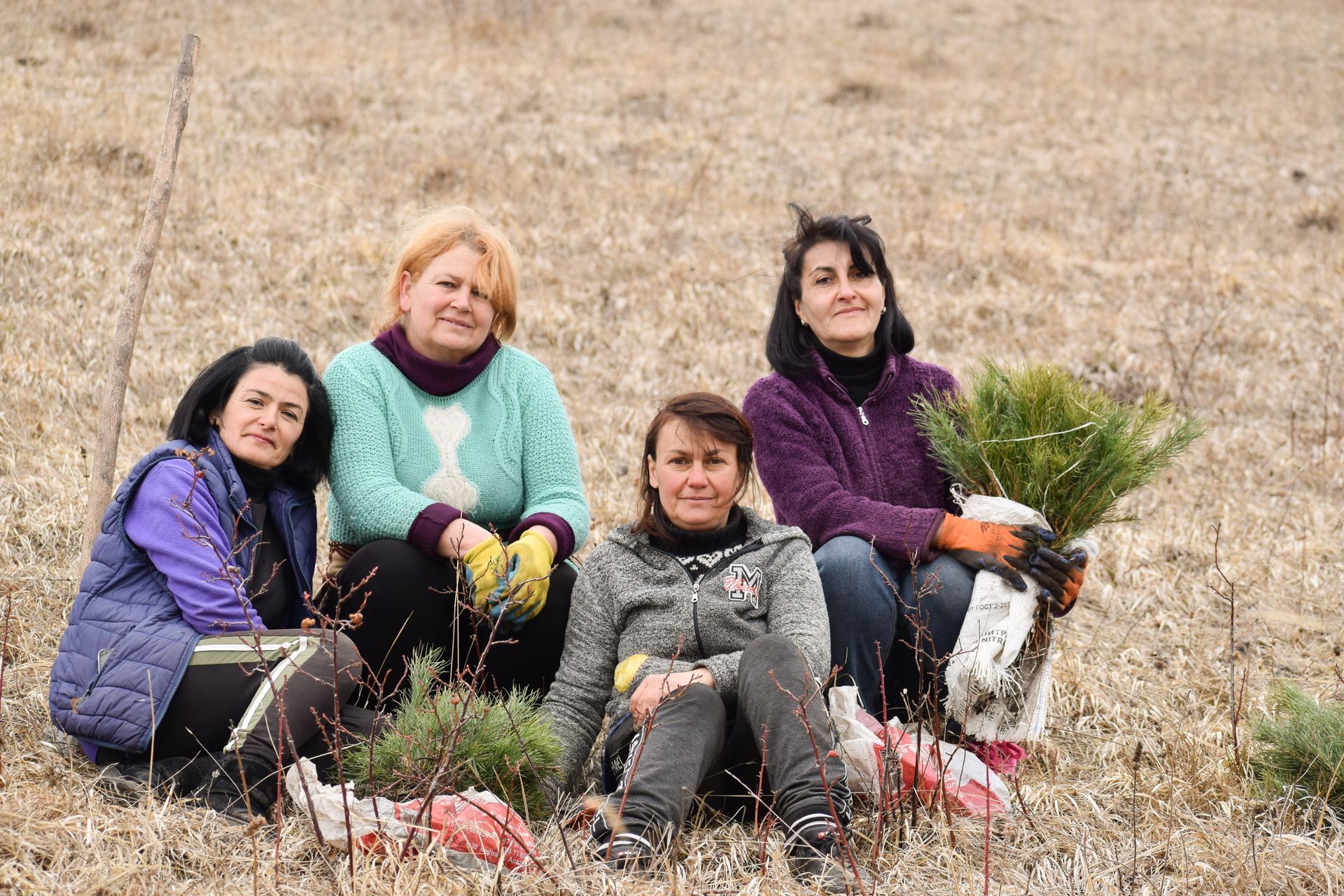
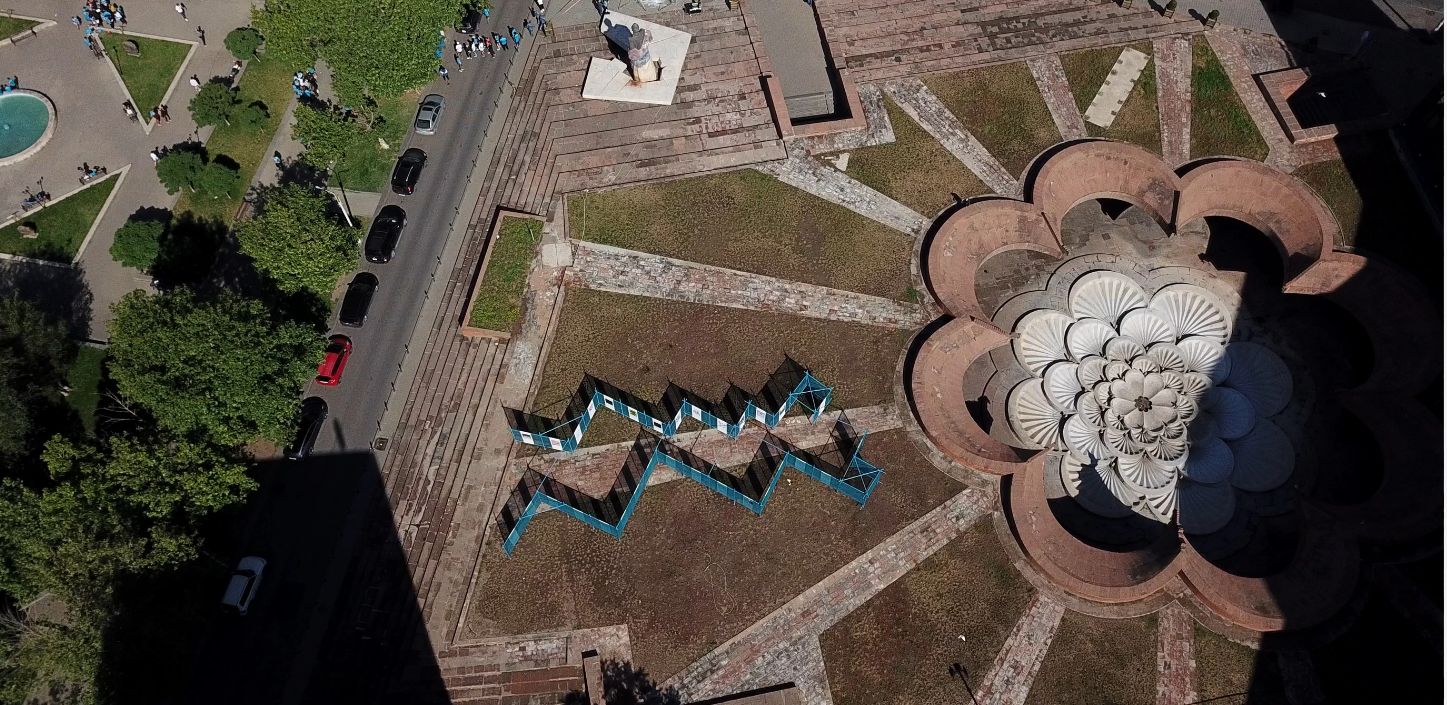
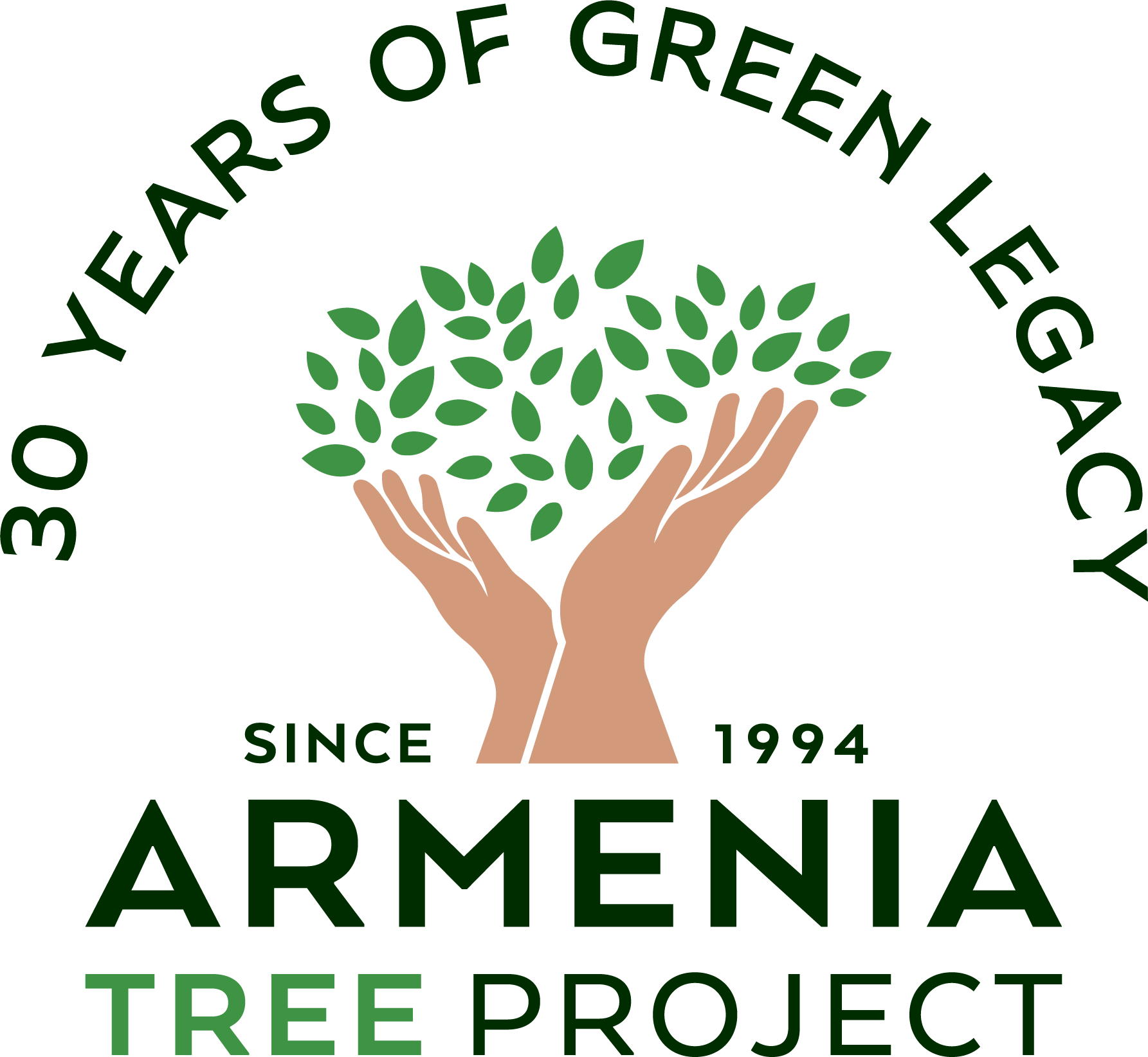
© 2025 All Rights Reserved
Armenia Tree Project
Join our mailing list
Thank you for joining our mailing list!
Oops, there was an error with you joining our mailing list. Please try again later.



